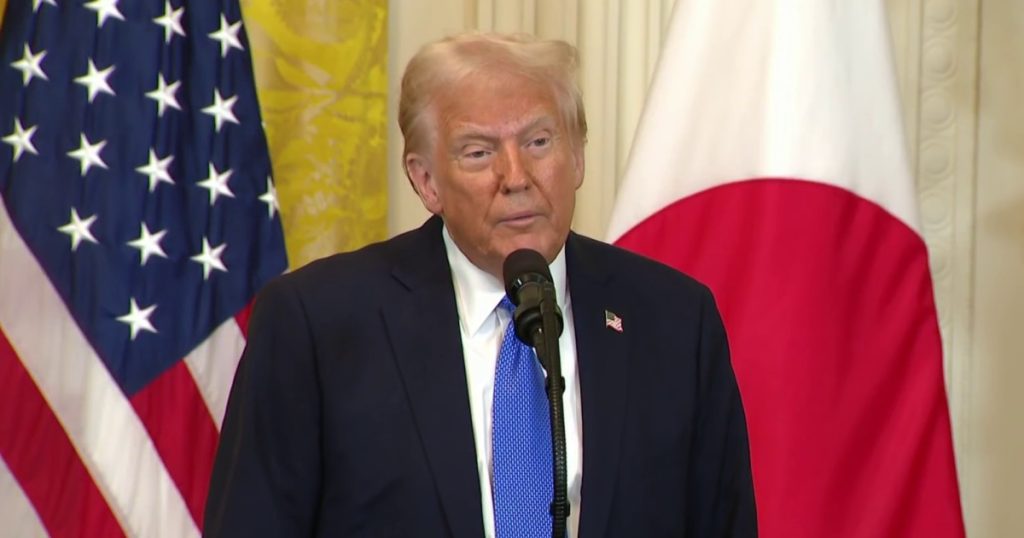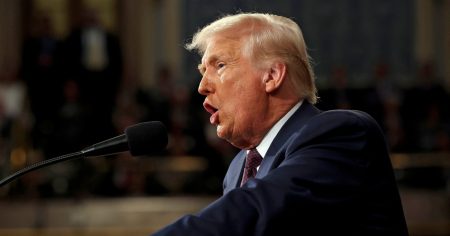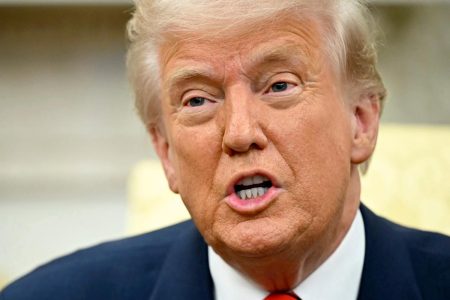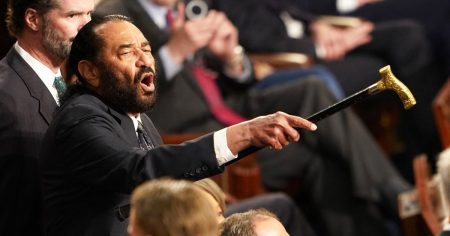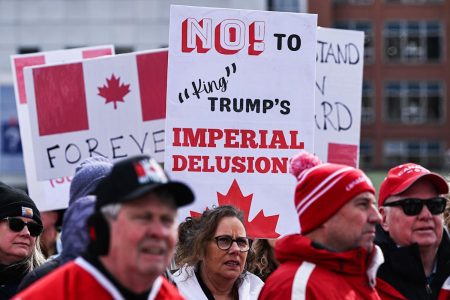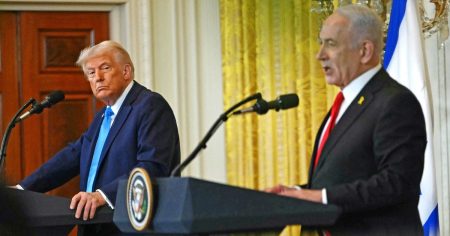The U.S. political landscape continues to be dominated by President Donald Trump’s efforts to reshape the federal government and his administration’s policies, which are drawing both support and criticism. One of the most notable developments is Trump’s collaboration with Elon Musk, who has been granted permission to examine the Pentagon and other government agencies as part of the DOGE commission. This move is part of Trump’s broader push to reduce the size and scope of the federal government, with Musk’s involvement adding a high-profile, private-sector perspective to the effort. Critics, however, have raised concerns about the legality and implications of Musk’s role, with some Democrats accusing him of “breaking multiple laws daily” and questioning the ethics of allowing a private individual to influence government operations so directly.
Another key area of focus is the upcoming gubernatorial elections in New Jersey and Virginia, which are being closely watched as potential indicators of voter sentiment toward Trump’s agenda. These elections are seen as bellwethers for the broader political mood in the country, with many analysts interpreting the results as a sign of whether Trump’s policies are resonating with voters ahead of the 2024 presidential election. The elections also highlight the ongoing divisions within the Republican Party, as candidates navigate the challenges of aligning themselves with Trump’s base while appealing to more moderate voters. The outcomes of these races could provide valuable insights into the viability of Trump’s platform and the potential success of his future political ambitions.
In addition to domestic politics, Trump’s administration is facing legal and logistical challenges in implementing its policies, particularly in the area of federal employment. The president’s federal employee buyout program, which aims to reduce the size of the government workforce, has been halted due to legal snags. The program, which offered financial incentives to federal workers to leave their jobs, attracted at least 20,000 participants, but its implementation has been slowed by court challenges and bureaucratic hurdles. Critics argue that the program is part of a broader effort to dismantle key government agencies and undermine their effectiveness, while supporters see it as a necessary step to streamline government operations and reduce costs.
On the international stage, Trump’s administration is also making waves, particularly in its approach to trade and foreign policy. The president has floated the idea of a U.S. takeover of Gaza, a move that has been met with skepticism and concern from both domestic and international observers. Additionally, Trump has imposed tariffs on key trade partners, including Canada, Mexico, and China, leading to tensions with these nations. Canadian Prime Minister Justin Trudeau has announced a 30-day pause on tariffs, but the long-term implications of these trade disputes remain uncertain. Trump’s approach to international relations, which he has dubbed “America expanding,” has drawn criticism for its aggressive tone and potential to destabilize global markets.
Meanwhile, the debate over Trump’s mass deportation plans continues to be a contentious issue, with Democratic leaders like Senator Mark Kelly arguing that such policies would “rip communities apart” and have a devastating impact on families and local economies. The administration’s approach to immigration is also reflected in its consideration of housing migrants at Guantanamo Bay, a proposal that has been met with widespread criticism and is now being reevaluated. The ongoing debate over immigration policy highlights the deep divisions within the country and the challenges of finding a balanced and humane approach to addressing the complexities of border security and migrant rights.
Finally, the ongoing situation in Ukraine continues to be a focal point of international concern, with former Ukrainian President Petro Poroshenko emphasizing that peace negotiations should not involve compromises on Ukrainian territory. This stance reflects the determination of Ukrainian leaders to maintain their country’s sovereignty in the face of ongoing conflict and external pressures. The situation in Ukraine serves as a stark reminder of the global tensions and geopolitical challenges that continue to shape international relations and U.S. foreign policy. As the U.S. government navigates these complex issues, the interplay between domestic politics, economic policies, and global diplomacy will remain a critical area of focus for the Trump administration and its successors.


